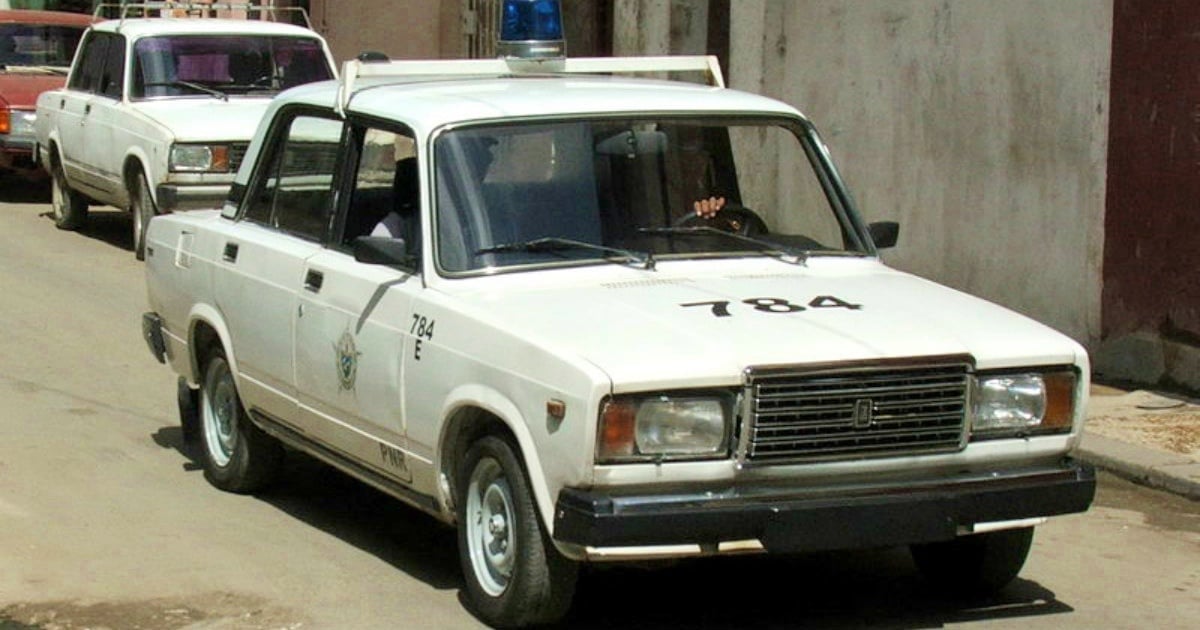
The vice president of the Supreme Court of Cuba, Maricela Sosa Ravelo, stated to the British network BBC that insecurity on the island is a problem magnified by social media and cited, as is customary in the government's rhetoric, defamatory campaigns promoted from the United States.
Sosa Ravelo offered his statements, which the BBC itself described as "uncommon" due to the prevailing secrecy of the Cuban regime, in the same report where two other citizens shared their impressions about safety on the island, highlighting a significant contrast between the people's perception and that of the authorities.
"In my 30 years as a judge and magistrate, I do not believe that the Cuban people lack trust in their authorities," the official stated.
He also argued that "in Cuba, the police have a high success rate in solving crimes. We do not see people taking justice into their own hands – as happens in other parts of Latin America and elsewhere – which suggests that the population trusts the Cuban justice system."
However, reality is being projected along a different path than the one proposed by the authorities from their offices.
Complaints on social media, a space that Cuban citizens turn to in order to expose their problems and the feeling of being unprotected by government and police spheres, in a context of worsening economic conditions, are increasingly frequent, as exemplified by the following recent incident that occurred in Santiago de Cuba.
Murders, thefts, assaults, even in broad daylight, are common in the complaints of Cubans who no longer feel the supposed safety that once "reigned" in the streets of the island.
In April of this year, the regime itself acknowledged the increase in drug consumption in the country and the damage caused by the "chemical," a trendy drug on the island that is sold at very low prices and affects increasingly younger people.
The same acknowledgment had to be made in June regarding violence due to the concerning increase of this crime on the island, including the use of firearms.
In the imagination of the Cuban leadership, as expressed in statements by First Colonel Eddy Sierra Arias, head of the General Directorate of the Revolutionary National Police, criminal activities are linked to a series of factors, including smuggling from abroad, drug trafficking, and the movement of national and foreign citizens that negatively impact the country's security.
The truth is that the complaints exist; the graphic evidence circulating on social media, which the government seeks to criticize, supports the demands of Cubans for greater protection in a country where the gap between the government and the citizens is increasingly pronounced.
What do you think?
COMMENTFiled under: